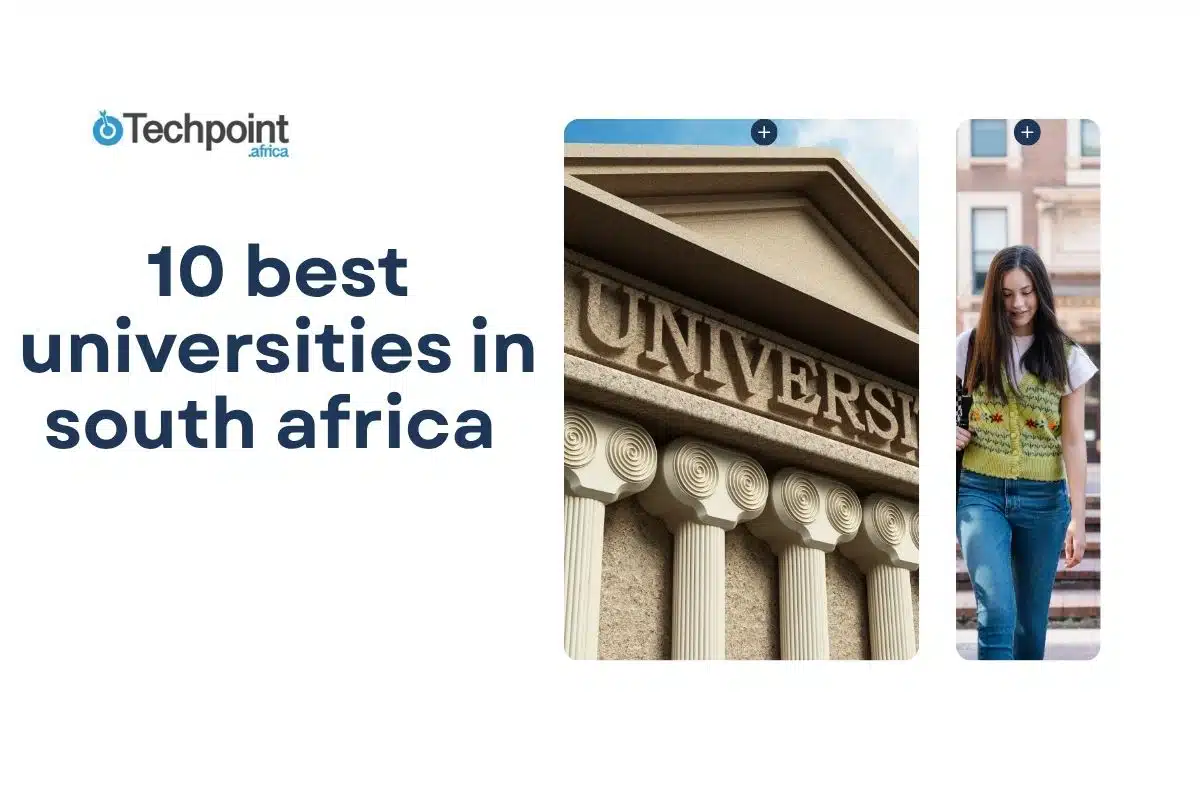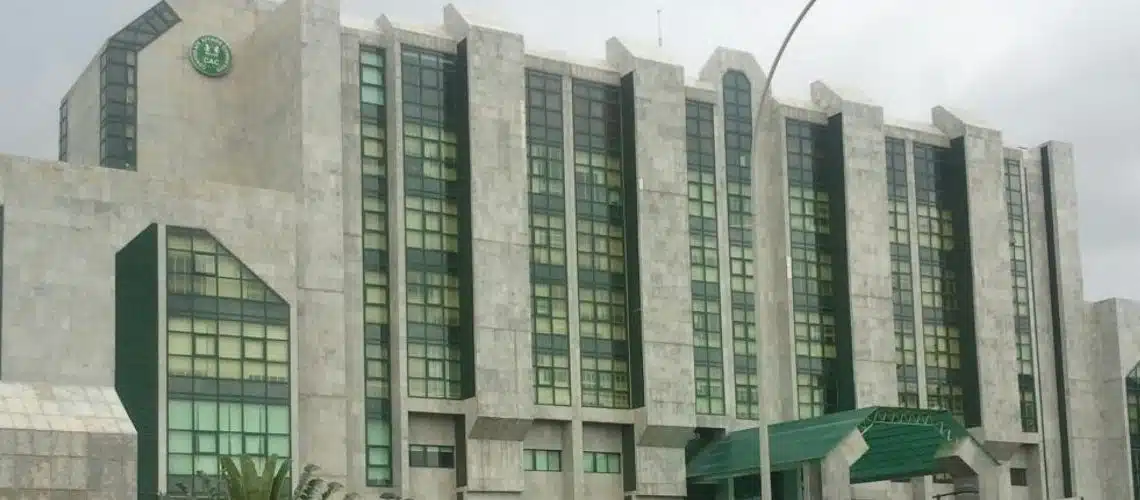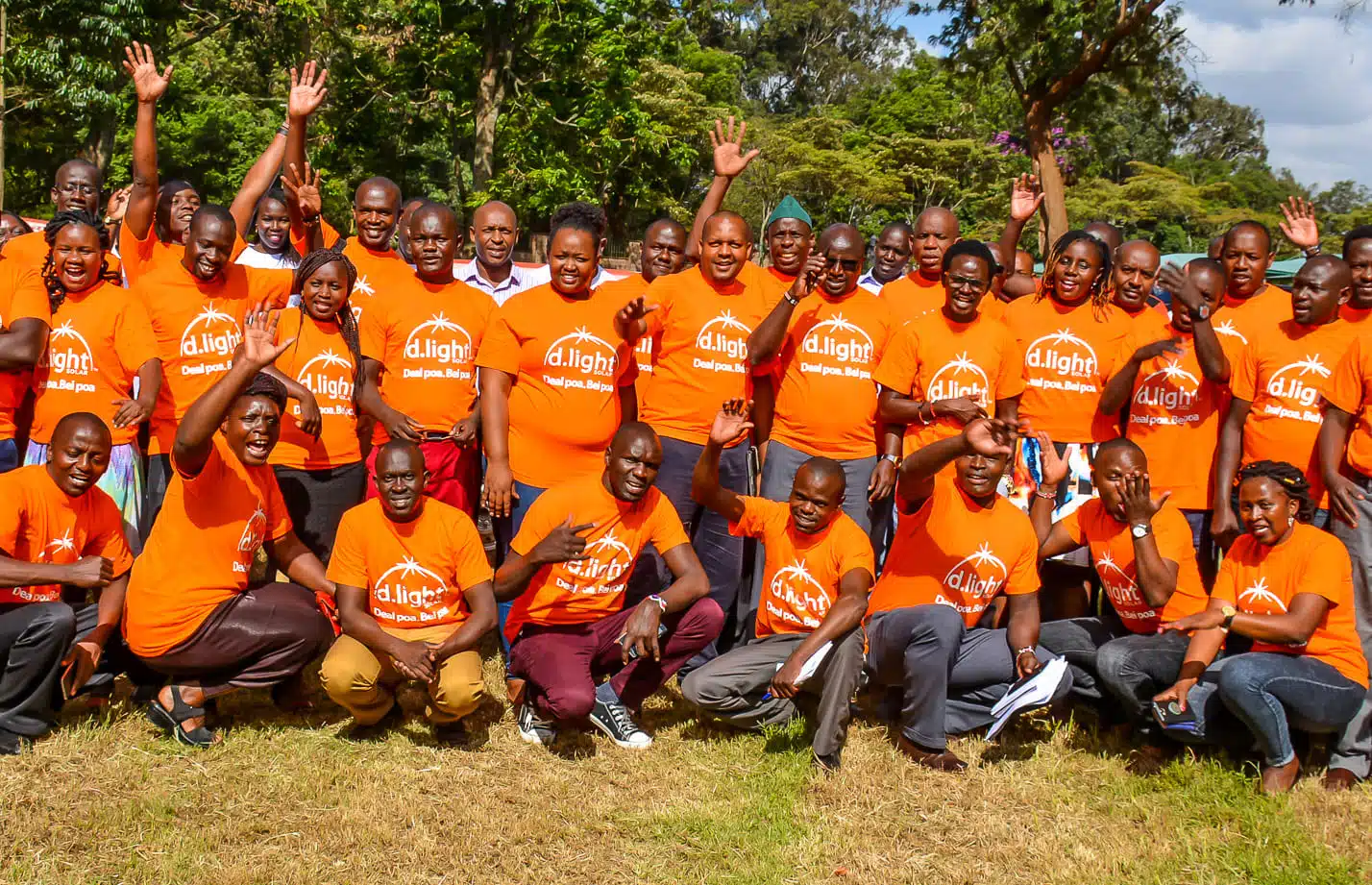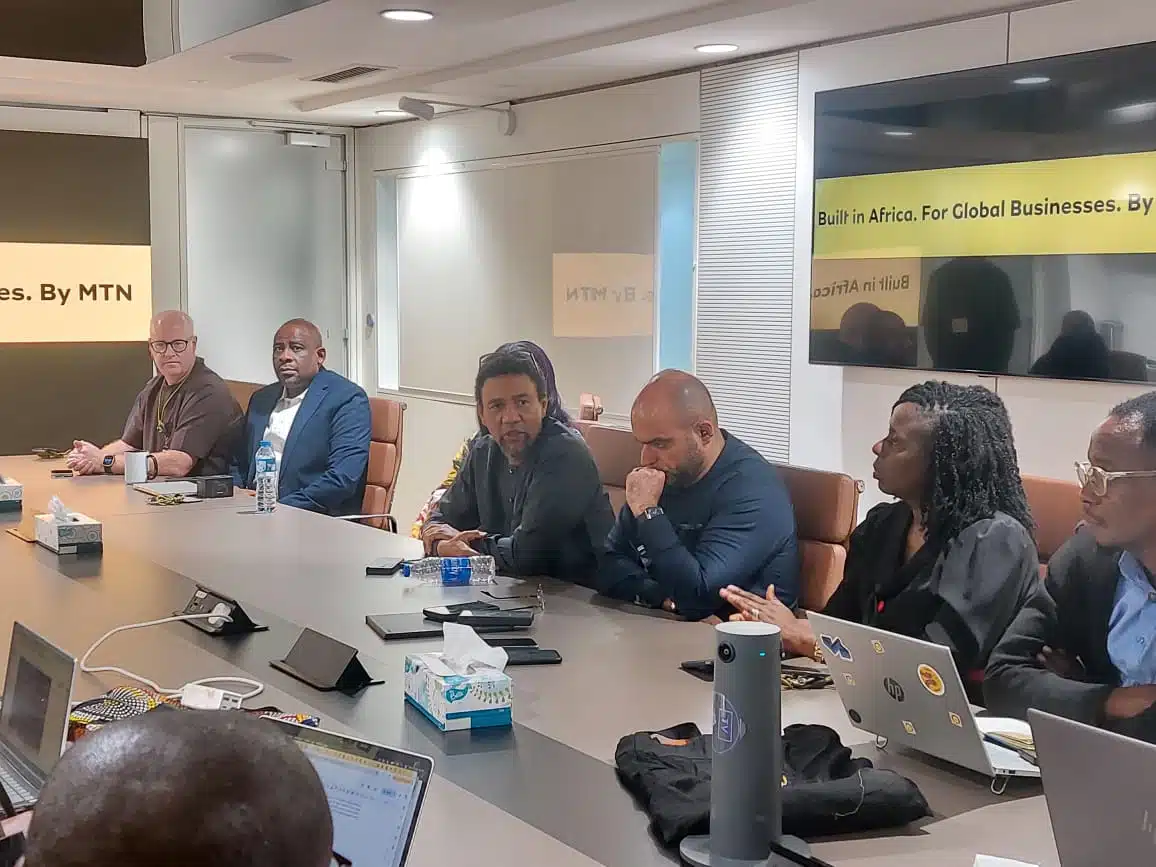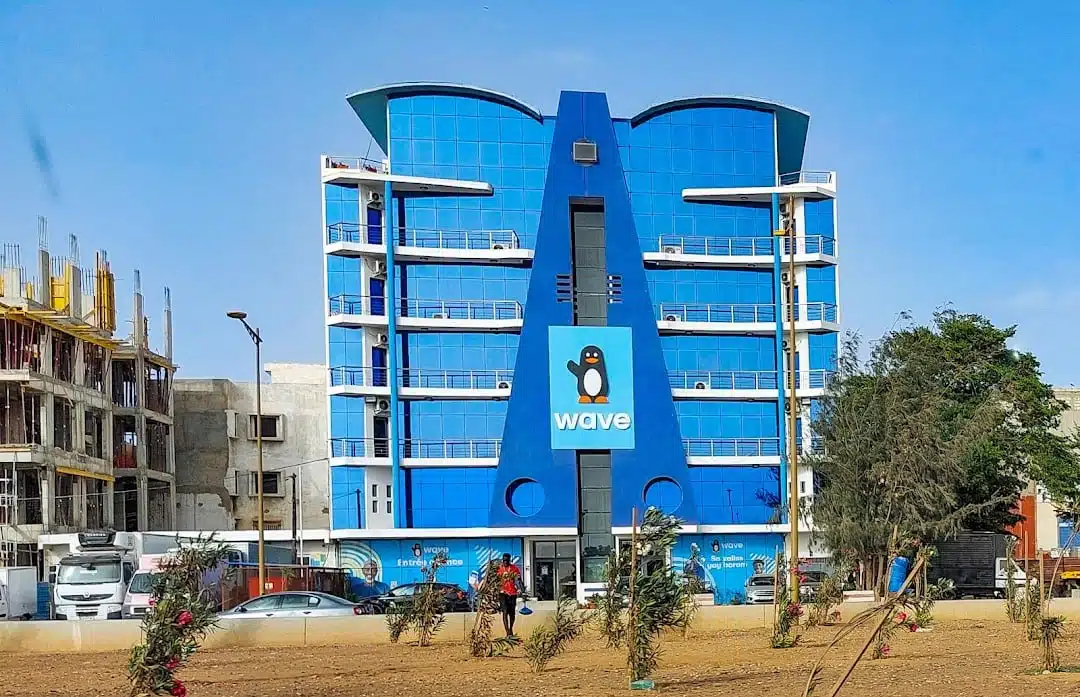South Africa is known for its rugged coastlines, deep cultural roots, and vibrant cities. But it’s also a rising star in global education, and some of its universities rank among the best in the world.
They’re not just places of learning, they’re hubs of innovation, social change, and global collaboration. From historic campuses to modern research centers, South African universities offer more than just lectures and textbooks.
In this article, we’ll walk through the 10 best universities in South Africa. Each one stands out for its academic strength, global ranking, and impact beyond the classroom.
If you’re curious about where excellence lives in African higher education, this list is a great place to start.
1. University of Cape Town, Cape Town (UCT)
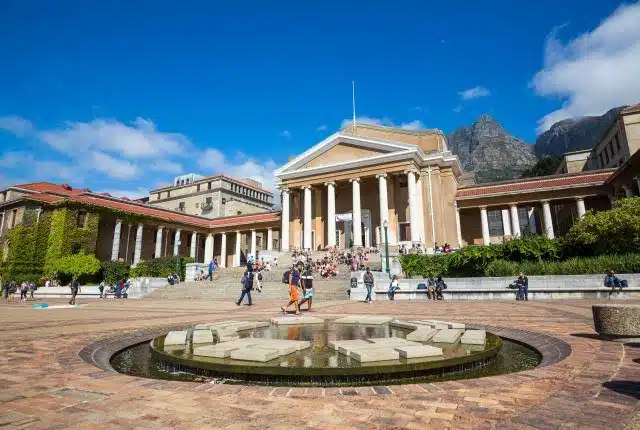
Nestled on the slopes of Table Mountain in Rondebosch, Cape Town, UCT is the oldest university in the country (founded in 1829) and Africa’s top-ranked institution across international rankings. In the QS Rankings 2025, it sits at #171 globally, while U.S. News places it at #116 worldwide, and CWUR ranks it at #271. This reputation reflects its strong research output and academic reputation.
UCT towers in research, with 35 “A‑rated” researchers (the highest honor in South Africa), representing nearly a third of all such scholars in the nation. Its faculties, Commerce, Engineering, Health Sciences, Humanities, Law, and Science are regularly ranked in the global top 100–200.
With strong international student support and a campus rooted in one of the world’s most scenic cities, it offers both serious academics and a vibrant, multicultural experience.
Tuition & support
- International undergrad tuition ranges roughly from R66 000–R102 000 (~$4 600–$7 000 USD), depending on discipline.
- Local (SADC) students pay in the same range as South Africans.
- On-campus housing costs between R39,400–114, 600 per year.
- UCT also offers a variety of scholarships (merit, need-based, sports, etc.) with awards up to R70,000/year
International student-friendly
With around 16% of its ~29,000 students originating from about 100 countries, UCT is truly global. English is the language of instruction and is widely spoken in Cape Town, so international students feel right at home. Scholarships are available for non-SADC students too, but spots can be limited (often around 10%).
Notable alumni & impact
UCT has produced five Nobel laureates, including Ralph Bunche, Max Theiler, Aaron Klug, Allan Cormack, and J. M. Coetzee. Its alumni include trailblazers such as:
- Mark Shuttleworth (Ubuntu Linux founder, space tourist)
- Naledi Pandor and Ebrahim Patel (South African ministers)
- Christiaan Barnard (world-famous heart surgeon), Mamphela Ramphele, Albie Sachs, Baleka Mbete, Geordin Hill‑Lewis, Zapiro, and more
Who should consider UCT?
UCT is a great fit for students who value academic rigor, global recognition, and a lively student environment. It suits those pursuing research-driven fields like health sciences, law, business, or engineering.
2. University of the Witwatersrand, Johannesburg(Wits)
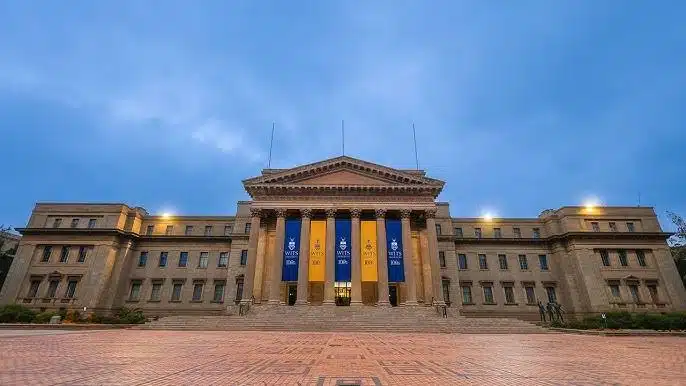
Located in the heart of Johannesburg, Wits is one of South Africa’s most respected and historic universities. It was founded as a mining school in 1896 and granted full university status in 1922. Wits has grown into a leading institution known for its research intensity, progressive values, and urban energy.
Wits is spread across five campuses in central Johannesburg, mainly in Braamfontein. This gives students direct access to the city’s creative, financial, and social hubs.
Wits consistently ranks among the top universities in Africa. In the QS World University Rankings 2025, it sits around #267 globally, and in the Times Higher Education (THE) 2025, it’s placed in the 301–350 bracket. It’s also frequently listed in the top 500 globally by other systems like CWUR and U.S. News.
What sets Wits apart is its focus on research. It’s home to over 400 NRF-rated researchers, multiple national Centres of Excellence, and the prestigious Wits Donald Gordon Medical Centre. Areas like health sciences, engineering, mining, and social sciences regularly receive international attention.
Tuition & Financial Support
Annual tuition for international undergraduate students ranges between R58,000 to R78,000 (around $3,500–$4,700 USD), depending on the faculty. Postgraduate tuition is higher, especially in specialized programs like medicine or business.
Wits offers merit-based scholarships, limited bursaries for international students, and flexible payment plans. Financial aid is more widely available to South African citizens.
International Student Support
International students make up roughly 6–10% of Wits’ student body. The university offers English-taught programs across all faculties and runs a dedicated International Office to help with visa processes, orientation, and integration.
Wits also participates in student exchange programs and offers study abroad opportunities, particularly with European and North American institutions.
Notable Alumni & Influence
Wits has a proud legacy of producing influential thinkers, Nobel laureates, and political leaders. Alumni include:
- Nelson Mandela (briefly studied law at Wits)
- Sydney Brenner and Aaron Klug (Nobel laureates in science)
- George Bizos and Albie Sachs (anti-apartheid activists and legal minds)
- Cyril Ramaphosa (current president of South Africa, former law student)
- Nadine Gordimer (Nobel Prize-winning author)
The university was also one of the few that opposed apartheid-era segregation, maintaining a reputation for social justice and public engagement.
Who Should Consider Wits?
Wits is ideal for students who want to be at the center of social change, policy development, and rigorous research. Its strength in health sciences, engineering, and humanities makes it appealing to a wide range of academic interests. For international students looking for an English-speaking university with global links and a strong urban campus, Wits offers both opportunity and authenticity.
3. Stellenbosch University, Stellenbosch (SU)
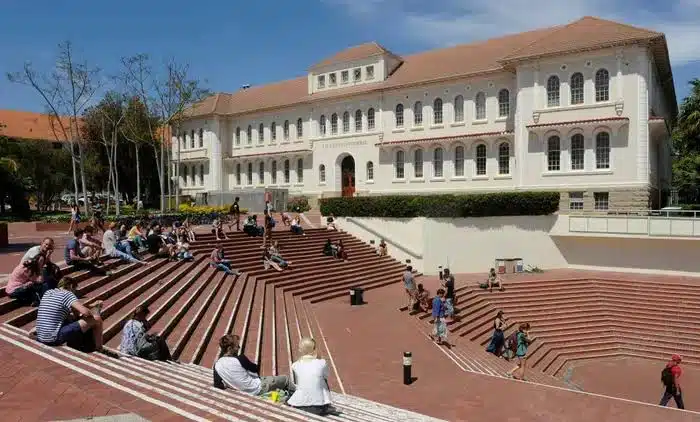
Nestled in a charming winelands town just 50 km from Cape Town, SU was established in 1918 as South Africa’s second oldest university. It ranks #296 globally in QS 2025 and sits in the 301–350 band in THE 2025 . As a top-three research-intensive institution in the country, SU proudly features 21 A-rated researchers and hosts numerous Centres of Excellence across its ten faculties.
SU gets the recognition for specific subjects. It’s in the global top 100 for Agriculture & Forestry, top 150 for Theology, and scores highly in Medicine, Social Sciences, Law, Engineering and more. The university continually climbs QS Subject Rankings, with presence in 21 categories—including top 300 standings in Life Sciences, Arts & Humanities, and Earth Sciences.
Campus & Student Life
SU’s main suburban campus is surrounded by mountains and vineyards, creating a safe, walkable atmosphere. Five campuses support different faculties, from Medicine at Tygerberg to Military Science in Saldanha. Over 32,000 students, including 3,700 internationals from 104 countries, find community in residences, private societies, clubs, and even a campus radio station . Reddit users note that lecturers are “very knowledgeable” and that SU’s small-town charm fosters real connections.
Tuition & International Support
International tuition ranges from $3,500–6,500 USD/year (~R60,000–120,000), depending on the program . An application fee is about R850 (~$45). English is the primary language of instruction, though some undergrad courses are bilingual Afrikaans/English; postgrad courses are mostly English. SU offers housing assistance, orientation programs, and community-building events expressly for international students.
Notable Alumni
Stellenbosch has produced influential figures across fields:
- James L. Barnard (engineer & wastewater pioneer)
- Edwin Cameron (Constitutional Court justice)
- Naledi Pandor (Minister of International Relations)
- Koos Bekker and Johann Rupert (business leaders)
- Craig Tiley (CEO of Tennis Australia)
- Numerous judges, scientists, business figures, and artists.
Who Should Consider SU?
If you’re seeking a research-driven education in discipline-specific areas like agriculture, health sciences, theology or law, SU delivers. Internationals will enjoy a safe, small-town setting with a welcoming student community and English-led programs. For anyone who values both academic rigor and a scenic, connected campus life.
4. University of Johannesburg, Johannesburg (UJ)
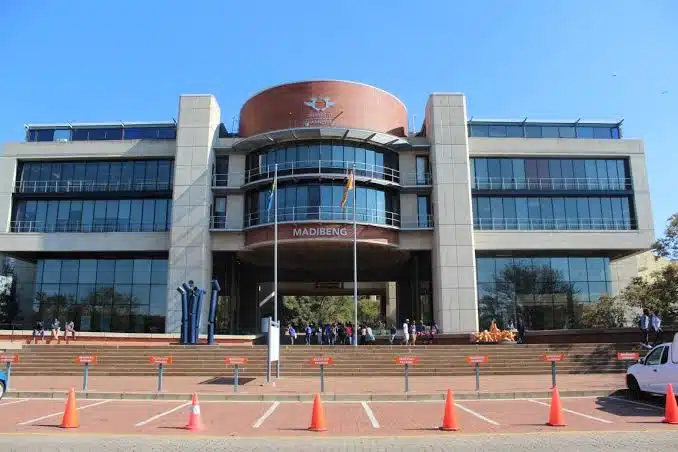
Right in the heart of Joburg, the University of Johannesburg, formed in 2005 from a merger, brings together innovation and inclusivity. Set across four campuses (Auckland Park, Kingsway, Doornfontein, Soweto), UJ now educates over 31,700 students, with about 4,300 (14%) coming from around the globe.
UJ earned its QS #312 global ranking in 2025, making it one of Africa’s fastest climbers—it even received the “Most Improved in Africa” award from QS. THE ranks it in the 401–500 band globally. U.S. News places it around #357 worldwide and #4 in South Africa. UJ is also the only African member of the global research network Universitas 21, reflecting its expanding international research presence
UJ covers eight faculties, from Business and Engineering to Health Sciences and Arts. It’s a hub for forward-thinking fields like AI, smart cities, and nanotech . Research is rising fast: QS notes it ranks #4 in South Africa for Citations per Faculty, and #26 globally for International Research Network connections.
Tuition & International Student Support
International undergrads typically pay around R60,000–80,000/year (~$3,800–5,000 USD), with living costs more affordable than larger metro hubs . UJ welcomes its diverse student community with an International Office that assists with visas, orientation, and integration programs.
Notable Alumni
UJ’s alumni highlight its global stature. Honorary doctorates include Barack Obama and Aung San Suu Kyi. Other graduates include:
- Tony Golding (former South African ambassador to the U.S.)
- Cheryl Carolus (business leader)
- High-impact figures in media, sports, and arts
Who Should Consider UJ?
If you’re drawn to a modern, research-driven university in a big African city, UJ offers an excellent mix of innovation, affordability, and global reach. It’s also ideal for students focused on STEM, business, health, or the creative industries, especially those who want to study in English and enjoy vibrant campus life.
5. uNIVERSITY of pretoria, hatfield (up)
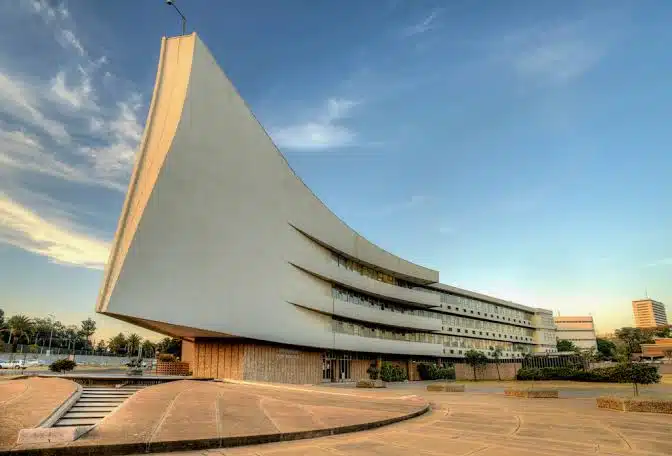
UP is a major research powerhouse set in Pretoria, the administrative heart of South Africa, and with satellite campuses in Johannesburg and Mamelodi. It dates back to 1908 and is now one of the country’s largest universities, educating over 50,000 students, including around 4,500 international students.
UP ranks #354 globally in the QS 2025 and falls into the 601–800 bracket in THE 2025 . It excels in subject-specific rankings: globally top‑50 in Mineral & Mining Engineering (#41), Veterinary Science (#51–60), and Development Studies (#51–100).
In South Africa, it’s #1 in Mechanical Engineering, Mathematics, Accounting, Finance, Economics, and Veterinary Science, and #2 in Engineering & Technology and Social Sciences. The university also shows strong research collaboration—placing top 50 globally in IRN scores for Agriculture & Forestry, Biological Sciences, and Engineering & Technology
Campus Life & Environment
UP’s main campus, Hatfield, is picturesque and centrally located—close to government bodies and research institutions . The range of nine faculties, including the unique Veterinary Science school, spans multiple campuses. Students benefit from rich extracurriculars, sports programs, and cultural events. Reddit users praise its “lovely campus” but note the Veterinary faculty admits only 10–15 international students per year.
Fees & International Student Support
International undergraduate tuition typically runs between R30,000–65,000 (~$1,900–4,200) per year, with postgraduate fees going up to R80,000+ depending on the program. UP’s International Office offers full visa assistance, orientation, and integration support. English is the main language, though Afrikaans plays a role in some areas.
Notable Alumni & Impact
UP’s alumni network is huge—over 250,000 graduates spanning business, law, science, sports, and politics . Noteworthy names include:
- Anton Rupert, founder of Richemont
- Marius Kloppers, former BHP CEO
- Johann van der Westhuizen, Constitutional Court judge
- Victor Matfield, Joost van der Westhuizen, and Caster Semenya in sports
- Flavia Senkubuge, leading public health expert and now Dean of UP’s Faculty of Health Sciences
Who Should Consider UP?
UP is a solid option for students who crave diversity in strong STEM and professional disciplines, especially Veterinary Science, Engineering, Mining, and Agricultural fields. It also appeals to those who want a large, academically respected university with good global links, sporting facilities, and urban-sprawl campus energy. International applicants should be mindful that top programs like Veterinary Science are very competitive.
6. university of kwa zulu‑natal, durban(ukzn)
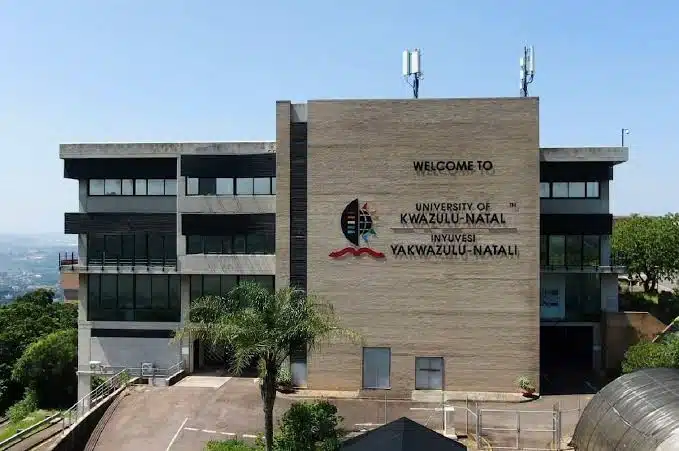
The University of KwaZulu‑Natal was born from a 2004 merger of the University of Natal and the University of Durban-Westville. With five campuses, including the coastal Durban and Pietermaritzburg locations, it serves over 46,000 students.
UKZN features in the #501–600 band of the THE World University Rankings 2025, and around #587 in QS 2025. It’s well-regarded in fields like Medicine, Law, Physical and Life Sciences (e.g., Clinical Medicine ranks 301–400; Chemistry 501–600). The university also focuses on addressing African challenges through research in public health, sustainability, and social justice.
UKZN’s campuses are widely spread, from busy Durban’s Howard College and Westville to Pietermaritzburg. You’ll find a lively mix of academic and cultural clubs, sports teams (e.g., rugby in the Varsity Cup), law clinics serving communities, and creative arts festivals.
Tuition & Financial Support
Annual tuition for internationals ranges from R40,000–90,000 (~$2,700–5,000), depending on the faculty (Medicine and Engineering cost more). On top of that, international students pay full registration (tuition + residence) with a upfront deposit. UKZN supports students through need- and merit-based bursaries, including those from NSFAS, and offers flexible payment plans.
International Student Support
International students must show proof of medical cover for visa approval. UKZN’s Global Engagement Office offers visa guidance, orientation sessions, and ongoing support to help students settle in. Despite Durban having a reputation for occasional unrest, engineering students highlight the quality of education: “Engineering…is still a high enough standard to warrant studying in Durban.”
Notable Alumni & Focus Areas
UKZN alumni include John Smit (South Africa’s World Cup rugby captain), HIV researcher Gita Ramjee, dermatologist Ncoza Dlova, and global health expert Salome Maswime. The university is known for its applied learning in medicine, agriculture, law, and engineering—especially on real-world African issues.
Who Should Consider UKZN?
If you’re chasing programs in Engineering, Medicine, Law, or African-focused social science, UKZN delivers practical learning and relevant research. International students seeking an English-speaking university amid coastal life plus strong support and affordability will find UKZN a compelling choice. Just be ready for upfront registration fees and occasional campus activism.
7. north‑west university, potchefstroom (nwu)
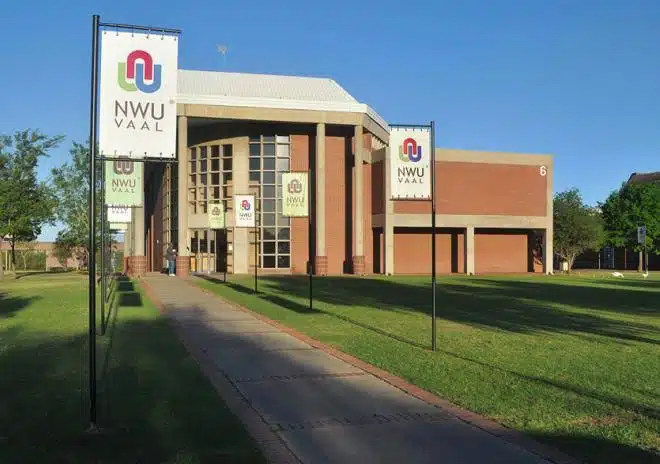
North‑West University was formed in 2004 by merging the historic Potchefstroom University (est. 1869) with the University of Bophuthatswana. Today, NWU operates across three campuses — Potchefstroom, Mahikeng, and Vanderbijlpark — serving about 56,000 students, including nearly 800 internationals.
NWU finds its place in the #851–900 bracket globally, according to the QS World University Rankings 2025 . Impressively, QS highlights four subject areas in the top global brackets: Agriculture & Forestry (301–350), Environmental Sciences (501–550), Physics (551–600), and Medicine (701–850)*. In the Times Higher Education Sub‑Saharan Africa rankings, NWU also ranks 6th in South Africa and 17th in Africa.
Its QS Sustainability rankings place it among Africa’s top universities for social and environmental responsibility. It’s also part of the AAU, ACU, and HESA networks.
Campus Life & Learning
Each campus is unique: Potchefstroom is leafy and student-centric, Mahikeng holds cultural significance, and Vanderbijlpark boasts scenic waterside facilities. With eight faculties, NWU caters to a wide spectrum, from the sciences and health to economic and social sciences and supports both contact and distance learning.
Fees & International Support
International students typically pay full tuition upfront, including centralized fees. The initial deposit (R23,055 for residence students or R12,345 for non-residence) is mandatory at registration. NWU’s Global Engagement Office helps with visas, orientation, and mandatory medical cover arrangements.
Who Should Consider NWU?
NWU is a solid pick for students seeking strong subject-area programs, especially in Agricultural Sciences, Environment, Physics, or Health. It suits international students who want English-language instruction across diverse campuses, solid support services, and a socially engaged, multi-campus environment.
8. University of the Western Cape, Belville(UWC)
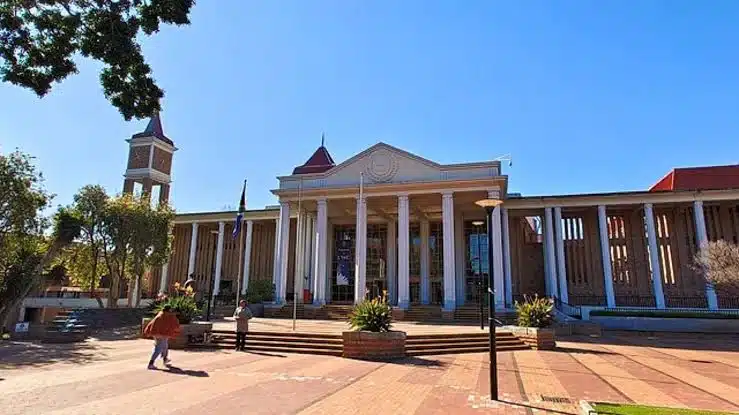
Nestled in Bellville, Cape Town, UWC was founded in 1959 and has a powerful legacy as a pioneer in resisting apartheid and promoting social justice through education. Today, it’s known for inclusive access, strong community engagement, and solid research output.
UWC ranks within the #951–1,000 bracket in QS World University Rankings 2025 and falls in the 601–800 band in THE World Rankings 2025 . While it’s a mid-tier global player, UWC shines in areas like Dentistry (leading in SA), Law (#251–300 globally), and several science subjects in the 400–600 range. It’s also recognized for its strong ethos around access and equity.
Serving around 18,000 students, with ~800 internationals (5%), UWC’s seven faculties cover fields from Arts and Education to Dentistry, Health Sciences, Law, and Natural Sciences. Bellville offers a suburban, safe atmosphere with active student clubs, varsity sports, and accessible support services.
Fees & Student Support
International tuition varies by faculty and level. Undergraduate fees range from R81,000 to R95,000 ($4,400–5,100), while postgraduate fees can reach R156,000 ($8,400). Residence costs for internationals fall between R30,000–48,000 annually . A registration deposit is required upfront, and full fees must be paid before registration . UWC offers internal bursaries, NSFAS for locals, and work-study options; international students may need loans or third-party support.
International Student Experience
English is the primary teaching language. International students are guided through visa, housing, and orientation processes. Living costs are more moderate than in central Cape Town, although accommodation and textbook expenses still add up.
Who Should Consider UWC?
UWC is ideal for students seeking a socially conscious university with strengths in fields like Dentistry, Law, Education, and Public Health. It offers affordability compared to top-tier institutions, a culturally engaged campus, and solid support for international students.
9. university of south africa, pretoria (unisa)
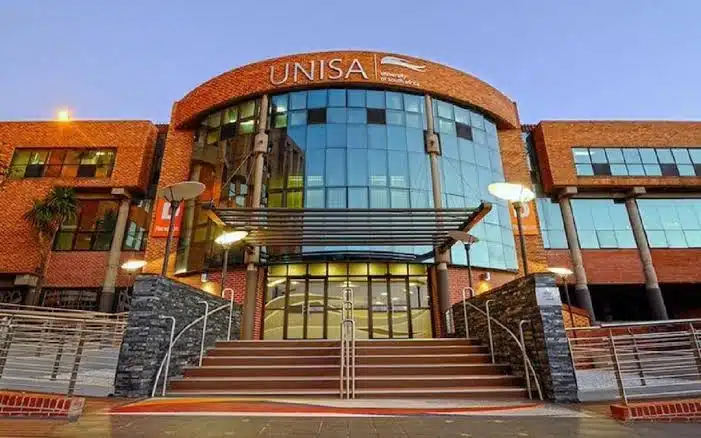
UNISA is Africa’s leading open distance learning (ODL) university, with roots dating back to 1873. It’s now the largest university on the continent—teaching over 230,000 students, including nearly 19,000 international learners across Africa and beyond.
UNISA ranks in the #851–900 bracket in the QS World University Rankings 2025—making it 7th in South Africa . THE places it in the 1201–1500 band globally. It excels in subjects like Development Studies (top 100 globally), Education, Materials Science, Physics & Astronomy, and Chemistry, while offering a full suite of programs through colleges such as Law, Business, and Engineering.
Distance Learning & International Reach
UNISA’s flexible ODL model empowers students to study from home—no campus required. It supports students in remote areas of Africa and worldwide. International students pay a foreign-student levy per module, often around R2,500–3,500/module, plus tuition (R2,000–3,500/module), registration fees, study materials, and examination fees . While this can add up, it’s often less expensive than full on-campus study.
Cost & Support Requirements
Estimated costs:
- Undergrad international tuition: R2,000–3,500/module (~R16k–28k per year for 8 modules).
- Foreign-levy: approx. R1,500–2,853/module.
- Additional fees: registration, exams, textbooks, and late penalties.
Students must also arrange medical cover and register for exams—often online or at regional centers depending on location .
Who Should Consider UNISA?
UNISA suits students seeking flexibility and affordability—ideal for professionals balancing priorities, remote learners, and those in regions without easy campus access. It delivers legitimate internationally accredited qualifications across a wide range of fields.
10. university of the free state, bloemfontein (ufs)
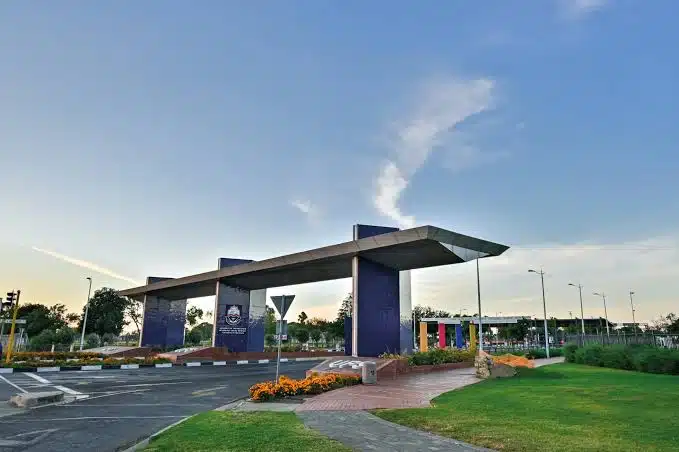
Located in Bloemfontein, South Africa’s judicial capital, UFS is one of the country’s oldest universities, established in 1904. Today, it spans three campuses (Bloemfontein Main, South, and Qwaqwa), educating about 31,800 students, including over 1,500 international students .
UFS ranks in the #1001–1200 bracket in the QS World University Rankings 2025 and in the same 1001–1200 band in Times Higher Education’s 2025 list. That said, it stands out in several global subject rankings: Law is ranked 301+ globally, while Physical Sciences, Life Sciences, Social Sciences, Arts & Humanities, Education, and even Business & Economics and Clinical Health all place between 501–1000. The university is also recognized for “very high” research output per QS.
Campus Life & Environment
Bloemfontein’s main campus is leafy and pedestrian-friendly. The South Campus offers an alternative entry for academically eligible students, and Qwaqwa serves rural communities in the Eastern Free State. UFS fosters a strong sense of community through cultural, sporting, and academic clubs. The campus also boasts the largest undergraduate microscopy laboratory in Africa and a rare robotic observatory telescope.
Tuition & International Fees
For international students outside the SADC region, UFS charges about 50% higher module fees than local rates, and a mandatory annual international administration fee on top. Based on UniPage averages, international tuition starts at approximately $1,736/year (~R36,000), but additional costs for modules, exams, and accommodation can rise significantly. Scholarships are limited; international students usually need private funding.
International Student Experience
English became UFS’s primary instructional language in 2016, though Afrikaans, isiZulu, and Sesotho are also supported. The International Office assists with visa processing and housing, but students must pay full fees before registration. With around 2% of the student body being international, UFS offers a quieter, more affordable alternative to larger metropolitan universities while still delivering accredited programs.
Who Should Consider UFS?
UFS suits students looking for a tradition-steeped university with solid research credentials—especially in Law, Life/Physical Sciences, Agriculture, Education, and Business. It appeals to those who prefer a suburban campus setting with lower living costs and are comfortable arranging private funding.
Summary- best 10 universities in south africa
| Rank | University | QS (2025) | THE (2025) | U.S. News / CWUR / ARWU e.t.c |
| 1 | UTC | ~190–200 | ~180 | U.S.News #116; CWUR #271; CWUR ranks Africa’s best |
| 2 | Wits | ~314 | 301–350 | CWUR #291 |
| 3 | Stellenbosch | ~436 | 401–500 | THE top 3 in Africa |
| 4 | Johannesburg | 801–1000 | 401–500 | Africa top 4 in THE |
| 5 | Pretoria | 601–650 | 601–800 | U.S.News #439 |
| 6 | Kwazulu-Natal | 621–630 | 501–600 | THE top 4 SA |
| 7 | Northwest University | 851–900 | — | QS top 10 in SA |
| 8 | Western Cape | 851–900 | 601–800 | THE ranking bracket |
| 9 | UNISA | 951–1000 | — | QS listings |
| 10 | Free State | ~1100+ | — | QS top 10 SA in latest |
Wrapping up
South Africa has built something special with its universities. You’ll find world-class research in some, close-knit communities in others, and a mix of cultures, languages, and perspectives almost everywhere. These aren’t just places to earn a degree, they’re places that shape how students see the world and where they go next.
If you’re thinking of studying here, this list is a good place to start. Each university has its own pace, its own voice. The best one for you will match more than your grades. It’ll match your goals, your rhythm, and the kind of experience you’re after.

